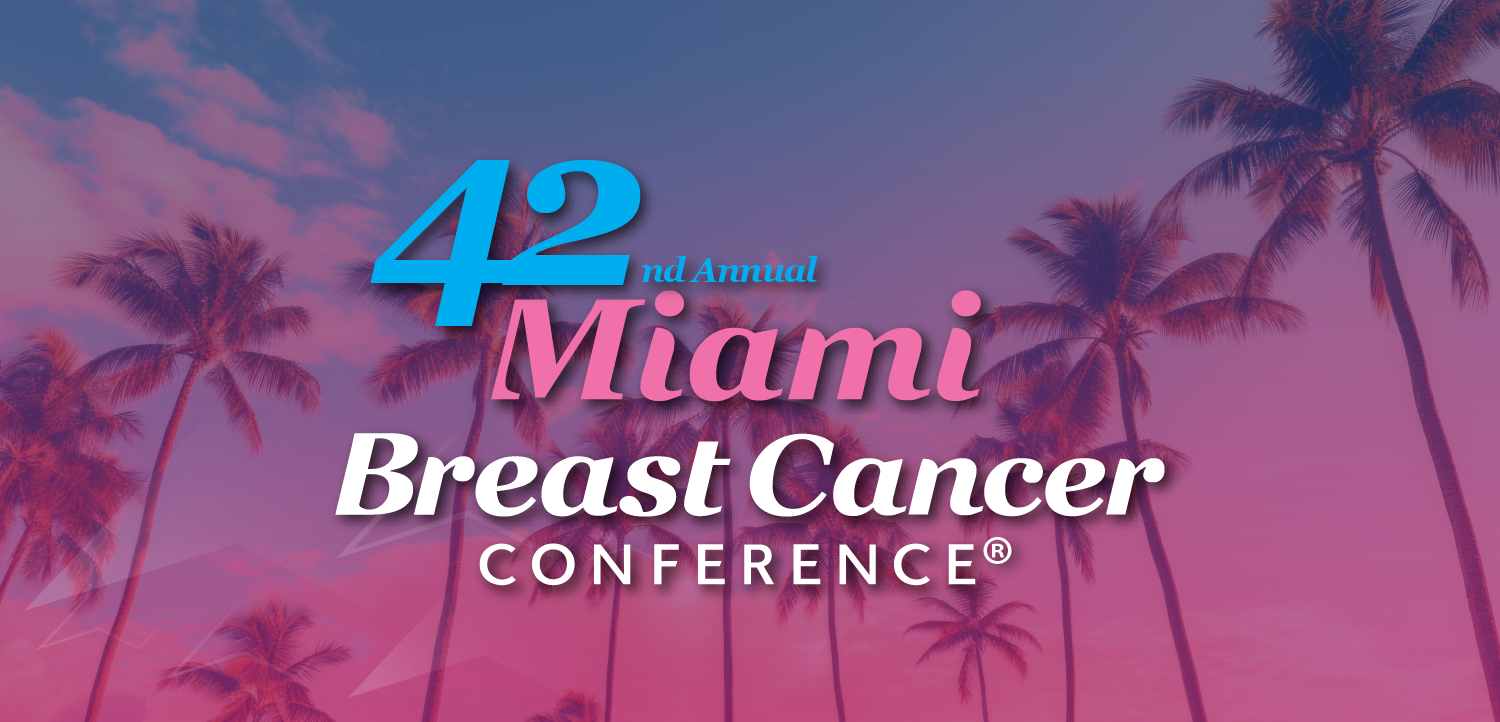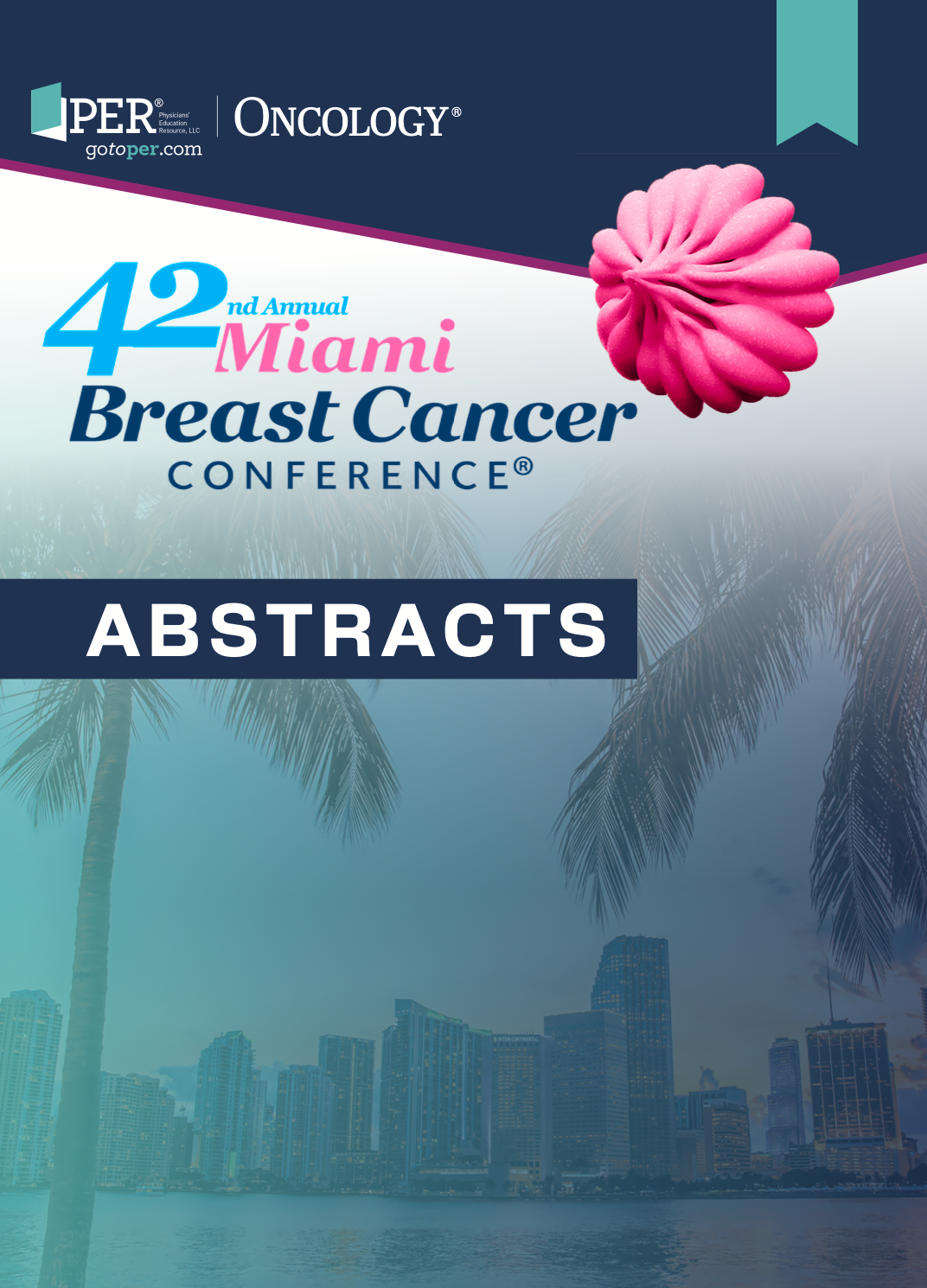39 Development and Validation of a Questionnaire to Assess Motivation and Satisfaction in Mastectomy Patients With or Without Reconstruction
39 Development and Validation of a Questionnaire to Assess Motivation and Satisfaction in Mastectomy Patients With or Without Reconstruction

Background/Significance
Postmastectomy breast reconstruction provides several options, including immediate or delayed and autologous or implant-based approaches. Decisions surrounding postmastectomy breast reconstruction are influenced by factors such as age, cultural beliefs, recovery priorities, and access to care. Although autologous reconstruction often results in higher long-term satisfaction, disparities exist with minority patients more likely to receive this approach, potentially due to systemic or cultural factors. Current tools like BREAST-Q assess satisfaction but fail to capture the complex motivations behind reconstruction decisions. Understanding these influences is critical for improving shared decision-making and tailoring care to enhance quality of life.
Materials and Methods
A questionnaire was developed to assess motivation and patient satisfaction among those choosing autologous, implant-based, or no reconstruction. Retrospective chart reviews identified eligible patients (females aged 18+ with stage 0–III breast cancer, undergoing mastectomy with or without reconstruction between July 1, 2015 and May 1, 2022). Exclusion criteria included stage IV disease, prior bilateral breast surgery, or prophylactic mastectomy. English or Spanish speaking patients were contacted to complete a telephone questionnaire assessing satisfaction, decision-making, regret, and motivations. To validate the survey, initial respondents were re-contacted after 3 weeks to repeat the questionnaire.
Results
Twenty-three female patients participated in the validation study, with a mean age of 56.4 years. Among them, 56.5% reported a family history of breast or ovarian cancer. Regarding the initial surgical procedure, 39.1% underwent simple mastectomy, 30.4% had a nipple-sparing mastectomy, and 30.4% had a skin-sparing mastectomy. For the retest phase, responses were obtained from 20 patients, 70% (14 individuals) of whom had undergone reconstruction. Test-retest reliability analysis showed a percentage agreement of 88.51%, with a Cohen k of 0.435.
Conclusion
This study validates a novel questionnaire aimed at understanding factors influencing postmastectomy breast reconstruction decisions and postoperative satisfaction. Further implementation of this measure will allow for research that will highlight the importance of patient-centered care, shared decision-making, and help address disparities to optimize breast-related quality of life for mastectomy patients.

Maintenance Tucatinib Combo Yields PFS Extension in Advanced HER2+ Breast Cancer
December 11th 2025“HER2CLIMB-05 has demonstrated that the addition of tucatinib to HP represents an enhanced frontline maintenance therapy option for patients with HER2-positive metastatic breast cancer,” said Erika Hamilton, MD.